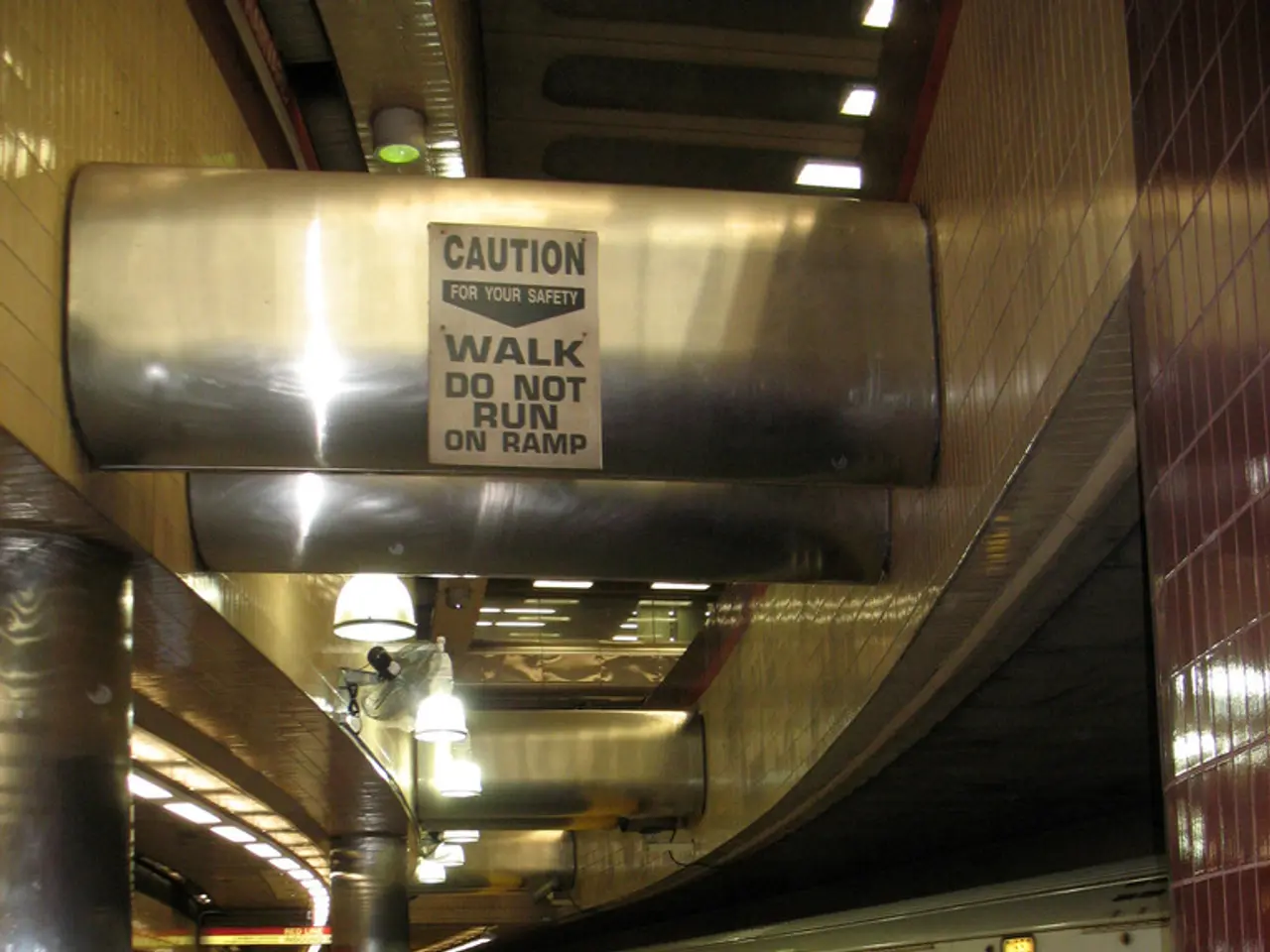Approaching stress test for Hamburg-Berlin substitute transportation system - Hamburg and Berlin's innovative traffic experiment is about to commence
The holidays in Berlin and Brandenburg are coming to an end, and many students are bracing themselves for the return of the school year, relying on rail replacement traffic to commute. However, this change in travel has not been without its hiccups.
Ecovista, the operator responsible for the rail replacement traffic, has been at the helm of this operation. Michael Bader, CEO of Ecovista, has expressed satisfaction with the operation, stating that the bus failure rate is around one percent and punctuality is at around 91 percent.
However, the commuters in the regions have been hit the hardest, as many trains have been canceled or are only running on partial routes. Long-distance traffic is being rerouted via Stendal, adding about 45 minutes to the journey.
Ecovista has ordered more than 200 new buses, with 170 of them in permanent operation and the rest in reserve. Yet, there have been criticisms about the low occupancy of the buses, and the CEO stated that they are currently observing and analyzing usage at different times to determine if any reinforcement or reduction of services is necessary.
One of the significant issues faced by passengers is the lack of ticket machines at smaller stations. Ecovista has not addressed this issue in their operations, and it has been left to the responsible associations and railway companies to install ticket machines. These associations include local public transport authorities, the respective railway operating companies, Deutsche Bahn InfraGO AG, DB Vertrieb GmbH, and contracted operators like Transdev Vertrieb.
Another concern raised by the Verkehrsverbund Berlin-Brandenburg (VBB) is the need for improvement in passenger information and signage on the buses. The rail replacement traffic between Hamburg and Berlin has faced criticism about the lack of toilets, passenger information, and ticket machines. Only lines X1 and X4 have toilets among the buses operated by Ecovista, but not in all vehicles. On longer connections like line R between Seegefeld and Kyritz in Brandenburg, there is a lack of toilets in the vehicles.
Despite these challenges, the VBB has largely been satisfied with the replacement traffic so far, but has expressed criticism about the signage on the buses and the lack of passenger information. Ecovista has hired over 500 new bus drivers to manage this operation, and they are working diligently to improve the service for the commuters.
In conclusion, while the rail replacement traffic in Berlin and Brandenburg has faced some issues, efforts are being made to address them and improve the service for the commuters. The collaboration between Ecovista, the responsible associations, and railway companies, as well as the VBB, is crucial in ensuring a smooth and efficient rail replacement traffic operation.
Read also:
- Peptide YY (PYY): Exploring its Role in Appetite Suppression, Intestinal Health, and Cognitive Links
- Toddler Health: Rotavirus Signs, Origins, and Potential Complications
- Digestive issues and heart discomfort: Root causes and associated health conditions
- House Infernos: Deadly Hazards Surpassing the Flames




